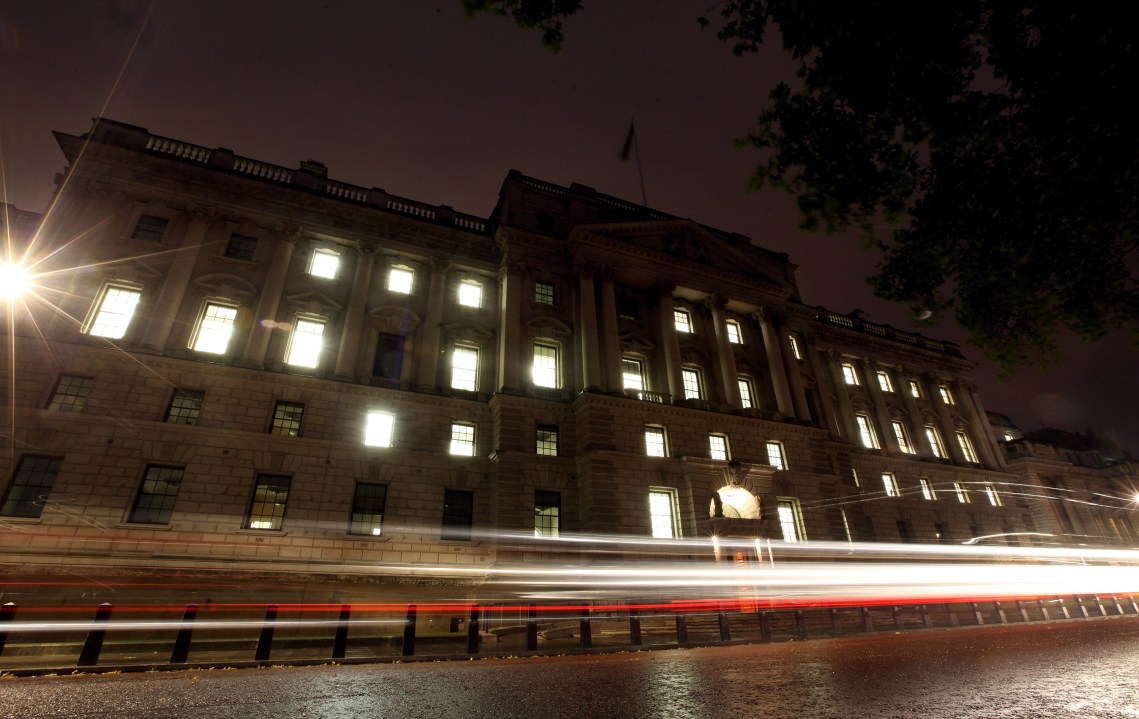 In economic terms, the role of the Comprehensive Spending Review is a fairly
straightforward one: to set Departmental Expenditure Limits for every government department, and outline some of the policy measures that will be undertaken to keep spending within those
limits.
In economic terms, the role of the Comprehensive Spending Review is a fairly
straightforward one: to set Departmental Expenditure Limits for every government department, and outline some of the policy measures that will be undertaken to keep spending within those
limits.
Fraser Nelson has already ably summarised the real impact that the spending review will have on
public expenditure, so I won’t go into that here. Suffice it to say that, yes, the cuts are significant but, no, they aren’t nearly as severe as the BBC would have us believe.
But just as interesting as the cold, hard numbers themselves is what they will tell us about the government’s wider agenda. Will this government be a bold, transformative one that genuinely
alters the role of the state in our lives? Or will it simply be a penny-pinching government, fighting a losing battle to keep down costs in a terminally dysfunctional public sector?
My worry is that the government has failed to take on board the lessons of those countries that have successfully and sustainably dealt with huge budget deficits, and is set to take a salami-slicer
approach to spending cuts, lopping off a percent here and a percent there, without ever asking the fundamental questions about what state is for, what it should do, and how it should do it.
I hope I’m proved wrong, and that the spending review turns out to be a truly zero-base exercise that lays the ground for radical, thorough-going reform of the public sector. Because in the
long run, only genuine reform can reduce the unsustainable burden public spending puts on the private sector economy.
And when we’re talking about public spending, we do need to think long term. It has largely gone unnoticed in Westminster circles so far, but if we continue with current policies, and the
demographic changes we’re anticipating materialise, spending is going to go through the roof in the coming decades.
I know this seems far removed from our more immediate concerns – like balancing the budget by the end of the parliament – but my point is that the spending review only skims the surface
of a much deeper and more long-term problem.
If George Osborne takes the right approach tomorrow, his speech could mark the beginning of a sea change in British politics. It could herald the end of the ever-growing leviathan state, and the
start of a more mature approach to economic policy, which accepts that we can’t all have our cake and eat it too.
The question is whether the coalition government has been able to put short-term politics to one side and do the right thing for Britain. It won’t be long now before we find out.
Tom Clougherty is executive director of the Adam Smith Institute.







Comments